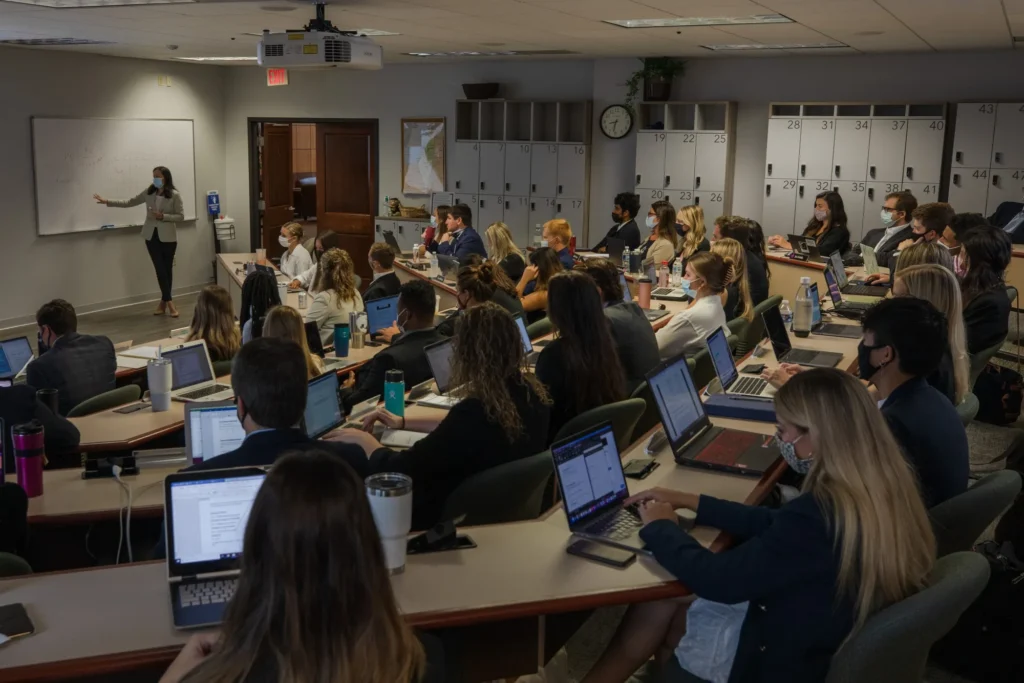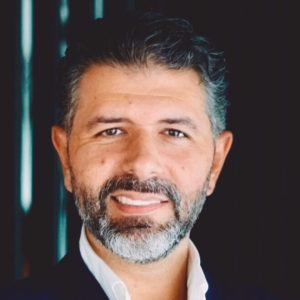Professors using AI in UAE universities are facing growing scrutiny after students expressed feelings of betrayal. Many say they feel “cheated” when they learn that their professors use artificial intelligence tools for tasks like grading, feedback, or even creating lecture content. Educators, meanwhile, are urging for open conversations and clear guidelines.
Students Feel ‘Cheated’ by Secret Use of AI Tools
Across several UAE campuses, students report discovering their professors had used AI-based tools without prior notice. For example, some students found out their assignments were graded by AI software rather than their instructors. Others learned that feedback comments were generated by platforms like ChatGPT.
This discovery has led to frustration. “If AI is doing the job, what’s the point of the teacher?” one university student told The National. “I’m paying tuition to learn from humans, not machines.”

Another student shared that AI-generated feedback often lacks context. “It’s just generic. It doesn’t help me improve,” she said.
Universities Caught Between Innovation and Integrity
While many UAE universities are embracing new technologies, the use of AI in classrooms has sparked debate. Institutions like the American University of Sharjah and New York University Abu Dhabi are among those exploring AI for administrative efficiency and academic support.

But educators and administrators now face a challenge: How do they balance innovation with academic integrity?
Dr. Eman Gaad, Dean of Education at the British University in Dubai, acknowledges the tension. “AI is not inherently bad,” she said. “But transparency is key. If students feel tricked, it damages trust.”
Experts Say: AI Can Support, Not Replace, Educators

Academic experts across the UAE agree that AI can be a helpful tool when used correctly. “It can automate routine tasks like grammar checks or quiz grading,” said Dr. Gaad. “This frees up educators to focus on critical thinking and real student engagement.”
But she stressed that AI should not replace the professor’s role. “The human connection is still the heart of education. AI should support, not substitute.”
To build trust, experts recommend a clear policy that explains when and how AI will be used in course delivery or assessment.
Transparency and Consent Are the Way Forward
Some universities are now drafting formal policies to ensure transparency. The British University in Dubai, for example, is developing internal guidance to inform both students and faculty when AI tools are used.
“Students deserve to know how their work is being assessed,” said Dr. Gaad. “When there’s openness, AI becomes less of a threat and more of a shared learning tool.”
Consent may also play a role. By allowing students to opt in—or at least be informed—schools can foster a more ethical and inclusive classroom environment.
What Do Students Want? Real Feedback and Human Touch
For many students, the biggest concern is the loss of meaningful feedback. “A machine doesn’t know my personal progress,” said one senior student at a Dubai university. “I want my professor to tell me what I did well, not a chatbot.”
Others worry that AI feedback can’t understand cultural or emotional nuances. “In the UAE’s diverse classrooms, context matters. AI doesn’t always get that,” another student pointed out.
Students are calling on their institutions to prioritize quality over convenience. They’re asking for real conversations, real mentorship, and real feedback.
Academic Freedom vs. Technological Dependence
Another layer to the debate is academic freedom. Professors may feel pressure to adopt AI for efficiency, but where’s the line?
Some faculty members have spoken out anonymously, saying they were encouraged to use AI to cut down on administrative work. “The tools are helpful,” one said. “But without clear guidelines, it’s a grey area.”
Without institutional standards, each professor is left to decide their own balance. This inconsistency adds to student confusion.
Regulation Is Coming — But Slowly

Globally, the question of AI in education is becoming more urgent. While countries like the UK and US are actively debating AI policies in classrooms, the UAE is just beginning to formalize its stance.
Earlier this year, UAE Minister of Education Dr. Ahmad Belhoul Al Falasi said that AI would play a role in “revolutionizing” education in the region. However, he emphasized the importance of ethics and human oversight.
Many educators now hope the UAE will introduce national guidelines for AI use in higher education—guidelines that prioritize student awareness and ethical transparency.
Looking Ahead: A More Transparent AI Future
The use of AI in UAE universities is likely to increase. But whether this shift leads to progress or backlash depends on how schools handle transparency.
Experts say the solution is not to ban AI, but to use it responsibly. That means informing students, getting their input, and designing policies that protect both academic quality and student trust.
The debate highlights a larger truth: technology can enhance education, but only when paired with empathy, ethics, and transparency.
Read More: Dubai’s First Michelin-Starred Restaurants: A Culinary Milestone














